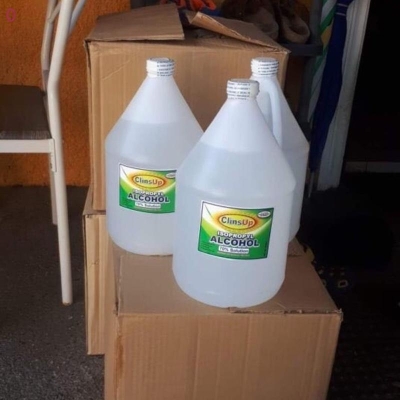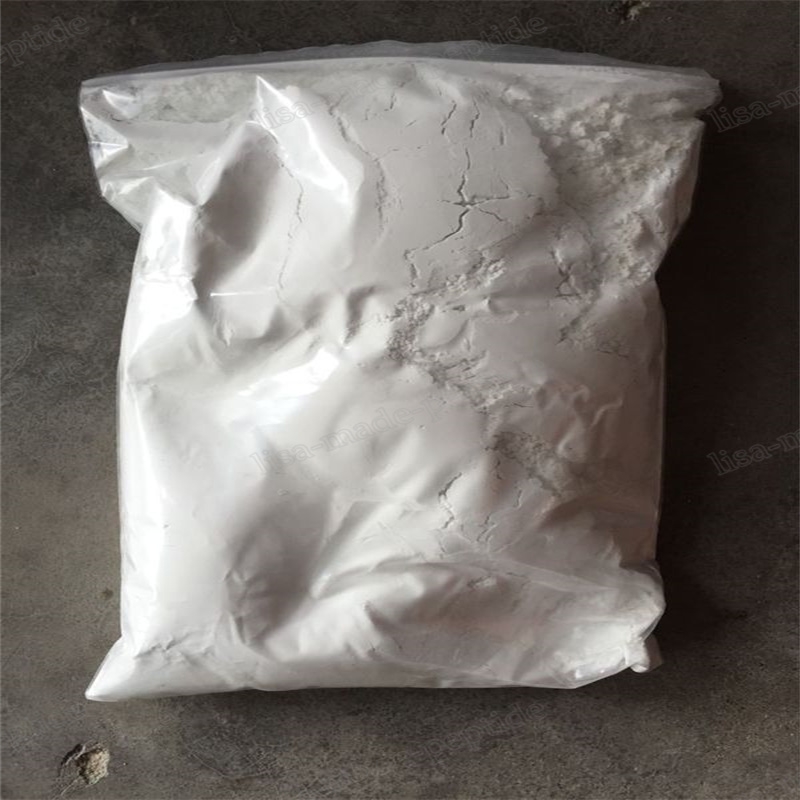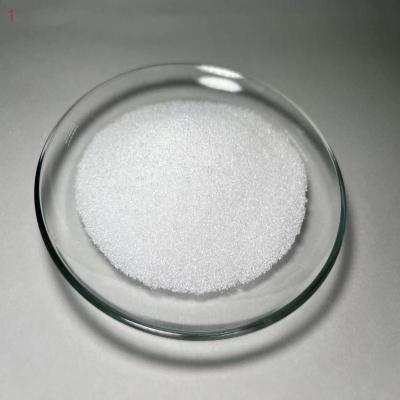-
Categories
-
Pharmaceutical Intermediates
-
Active Pharmaceutical Ingredients
-
Food Additives
- Industrial Coatings
- Agrochemicals
- Dyes and Pigments
- Surfactant
- Flavors and Fragrances
- Chemical Reagents
- Catalyst and Auxiliary
- Natural Products
- Inorganic Chemistry
-
Organic Chemistry
-
Biochemical Engineering
- Analytical Chemistry
-
Cosmetic Ingredient
- Water Treatment Chemical
-
Pharmaceutical Intermediates
Promotion
ECHEMI Mall
Wholesale
Weekly Price
Exhibition
News
-
Trade Service
On November 8, the Ministry of Ecology and Environment issued the "Notice on Publicly Soliciting Opinions on Promoting the Treatment of Volatile Organic Compounds in Crude Oil Products Terminals and Oil Tankers (Draft for Comments)", and all institutions, enterprises, institutions and individuals can put forward opinions and suggestions, and relevant opinions will be provided
in writing before November 18.
In order to implement the Law of the People's Republic of China on the Prevention and Control of Atmospheric Pollution, and promote the implementation of the Air Pollutant Emission Standards for Oil Storage Reservoirs (GB 20950-2020) and the Air Pollutant Emission Standards for Oil Transportation (GB 20951-2020), the consultation draft proposes six major issues, the main contents of which are as follows:
First, raise awareness of crude oil product terminals and tankers as an important area
for the current control of volatile organic compounds.
All localities should raise awareness, increase policy support, give play to the role of fiscal and financial guidance, actively support the construction of wharves and oil and gas recovery facilities for oil tankers and the directional utilization of recycled oil resources, accelerate the treatment of crude oil, refined oil terminals and oil tanker VOCs, and achieve coordinated development of
resource conservation, economic efficiency improvement, safety risk reduction, and ecological environmental protection.
Second, reverse the construction period, and promote the construction of oil and gas recovery facilities according to the requirements of
the standard.
In accordance with the requirements of the "Oil Storage Depot Emission Standard" and "Transportation Emission Standard", the berths of crude oil and refined oil loading terminals and directly connected supporting storage tanks of 10,000 tons and products in ports, existing oil tankers of more than 8,000 gross tons and newly built oil tankers of more than 150 gross tons engaged in oil loading operations in China shall carry out the construction or upgrading of oil and gas recovery facilities; If upgrading is required, an upgrade plan
should be formulated and completed by the end of March 2023.
3.
Ship-to-shore coordination and strict implementation of the operation and maintenance requirements of
oil and gas recovery facilities.
Relevant terminals and other enterprises should pay attention to the maintenance, operation and management of completed oil and gas recovery facilities, implement the requirements for the management of pollution discharge permits, and formulate self-monitoring plans in accordance with national self-monitoring specifications, among which the sewage discharges included in the key pollutant discharge list should implement the relevant requirements for the installation and networking of automatic monitoring facilities in accordance with the law, and prevent malicious use of idle oil and gas recovery facilities
.
Establish and implement a joint ship-to-shore inspection and collaborative application mechanism to promote the construction and use
of oil and gas recovery facilities.
4.
Encourage pilot projects and actively support the directional utilization
of recycled oil resources.
The competent departments of ecology and environment of all provinces (autonomous regions and municipalities) should actively support, under the premise of controllable environmental risks, promote the recovery of oil products as alternative raw materials for petroleum refining, petrochemical and other industries, and for hazardous waste, according to the plan determined by the provincial ecological and environmental departments, the "point-to-point" directional utilization exemption can be implemented, and the recovery of oil products in the utilization link is not managed in accordance with hazardous waste, so as to reduce the cost of
enterprises.
5.
Consolidate the main responsibility of enterprises to ensure the safe operation of
oil and gas recovery facilities.
Relevant enterprises should strictly perform the main responsibility for safe production, carry out the construction of oil and gas recovery facilities in accordance with laws, regulations and mandatory standards to ensure that the conditions for safe use are met and the requirements for pollutant emission control are met; Establish and improve the safe operation and safety management system of oil and gas recovery facilities, improve the emergency management system and emergency plan, strengthen personnel training, continuously improve the level of risk prevention and control, and ensure the safe operation of
oil and gas recovery facilities.
6.
Departmental cooperation, strengthening guidance, assistance, supervision and management
.
Local ecological and environmental departments, transportation departments, and maritime safety administrations have established a joint supervision mechanism to comprehensively sort out the list of oil and gas governance status of oil tankers, loading dock berths and directly connected supporting storage tanks, establish a working ledger, and the provincial ecological and environmental departments will report the allocation and use of oil and gas facilities to the Ministry of Ecology and Environment by the end of
December 2023.







